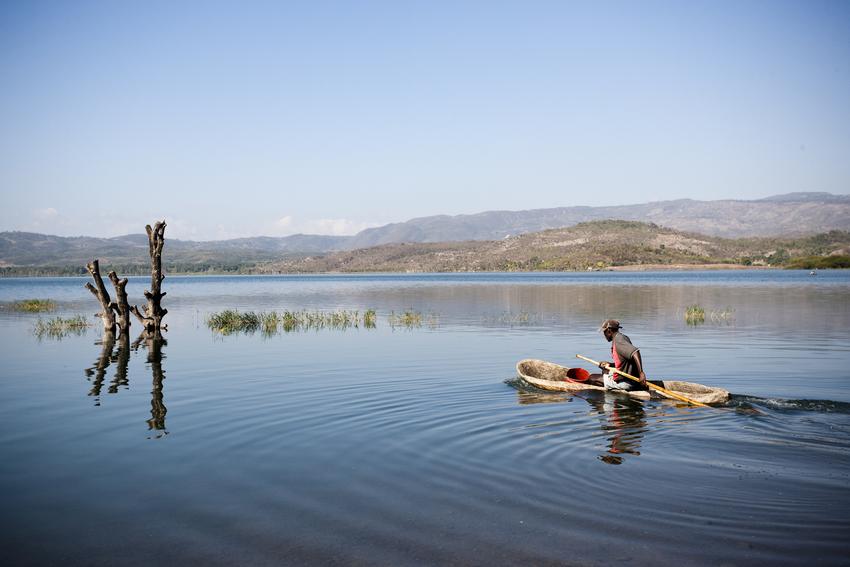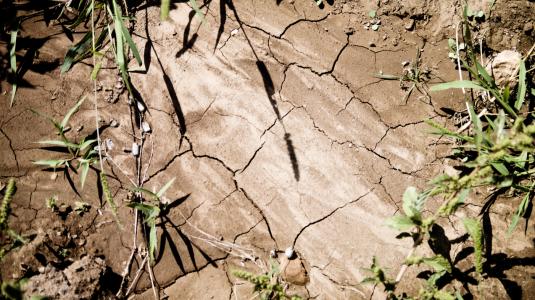Manual for Adaptation and Increasing Resilience of Industrial Parks to the Impacts of Climate Change

© GIZ, Manual for Adaptation
The Ministry of Commerce and Industry (GoI), the Departments of Industries and Commerce of the then Govt. of Andhra Pradesh and APIIC along with GIZ took a decision in the year 2013 to take up the project of “Adaptation to Climate Change in Industrial Areas in India” to address the challenges of climate change with a focus on Andhra Pradesh and Telangana.
This manual is a part of set of documents. It includes the tools required to execute a climate risk assessment, adaption planning, adaptation measures, best practices, legislative, regulatory and operational framework for Andhra Pradesh and Telangana. This document focuses on adaptation tools for the industrial parks and industries considering various disasters like cyclones, floods, lightening, drought and heat waves.
Main features and components
The manual has different parts:
- Part 1: “Tools for Planning and resilient measures” includes the tools required to execute a climate risk analysis for existing and upcoming industrial areas. The results of the risk analysis provide a sound baseline to further plan and implement concrete adaptation measures, both in terms of infrastructure and operation, management and maintenance of the industrial parks in APIIC/TSIIC.
- Part 2: “Engineering measures for planning adaptation and resilience measures” includes the engineering required to translate the results of the risk analysis into concrete adaptation measures. According to the prevailing climate hazards in the state the tools focus on adaptation to heavy rainfalls and related impacts, and to heat waves and droughts and related impacts in APIIC/TSIIC.
- Part 3: “Best practice examples” presents a collection of national and international best practice examples and lessons learnt on adaptation of industrial areas, urban areas and infrastructures to the impacts of climate change. This also includes best practices on law and policies on climate change adaptation in APIIC/TSIIC.
- Part 4: “Financing of plans and measures” includes a collection of financing instruments and best practices for financing of adaptation measures in existing and upcoming industrial parks in APIIC/TSIIC.
- Part 5: “Existing Planning and Implementation Procedure for Industrial Parks” providers gives an overview on relevant actors and stakeholders and provides orientation on how the planning steps described in the guideline document are embedded in existing planning and working processes of in APIIC/TSIIC.
- Part 6: “Baseline studies in TS and AP” presents the results of a pilot risk analysis and baseline study executed in selected industrial areas in APIIC/TSIIC.
Implementation and work steps
Implementation steps and concrete procedures for each part can be found in the manuals. See downloads at the bottom of the right bar.
Output
Industrial parks can better adapt and increase their resilience to the impacts of climate change.
Manuals 3 and 4 are being developed.
Useful links
Downloads
Characteristics
Phase of intervention
Operating SIA, Climate change
Level of intervention
Park management
Regions
Asia
Countries
India
Target groups
Company, SME, Industrial area management and operator
